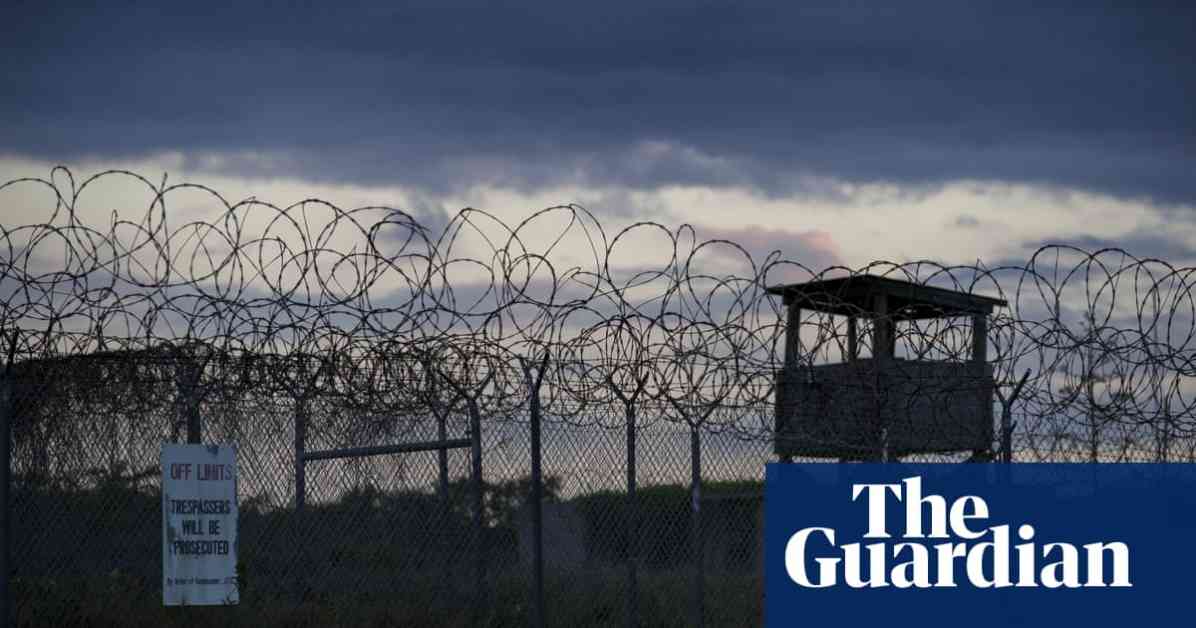Ridah Bin Saleh al-Yazidi Released from Guantánamo Bay
In a significant development, Ridah Bin Saleh al-Yazidi, a Tunisian national detained at Guantánamo Bay since January 2002, has finally been released by the US military. The Pentagon made the announcement on Monday night, marking the end of al-Yazidi’s prolonged detention without charge.
Historic Transfer to Tunisia
Al-Yazidi’s transfer to his home country comes after nearly two decades of confinement at the detention facility, making him one of the longest-held detainees at Guantánamo Bay. The 59-year-old’s presence in one of the facility’s most iconic photographs, depicting detainees kneeling in the open-air compound of Camp X-Ray, further underscores the historic nature of his release.
Challenges and Controversies Surrounding Al-Yazidi’s Detention
Despite being cleared for transfer as early as 2007, diplomatic hurdles and reported reluctance on al-Yazidi’s part to consider alternative countries for resettlement prolonged his detention. The leaked military assessment from 2007, indicating his capture by Pakistani authorities near the Afghanistan border, raised questions about the validity of the allegations against him.
Guantánamo Bay: A Symbol of Controversy
Guantánamo Bay, established in the aftermath of the “war on terror,” has been a subject of international scrutiny and criticism for its practices of indefinite detention without trial and controversial interrogation methods. With a history of over two decades and nearly 780 detainees passing through its cells, the facility has become synonymous with post-9/11 human rights abuses.
As we reflect on al-Yazidi’s long-awaited release, it prompts us to consider the broader implications of prolonged detention without due process and the importance of upholding fundamental rights, even in the face of security challenges. The complexities surrounding his case serve as a reminder of the delicate balance between national security interests and individual liberties in the fight against terrorism.
In a world where justice and security often seem at odds, al-Yazidi’s journey highlights the need for transparent and fair legal mechanisms to address the complexities of global conflicts. As we celebrate his return to Tunisia, let us not forget the many others who remain in detention, awaiting their chance for freedom and justice.

